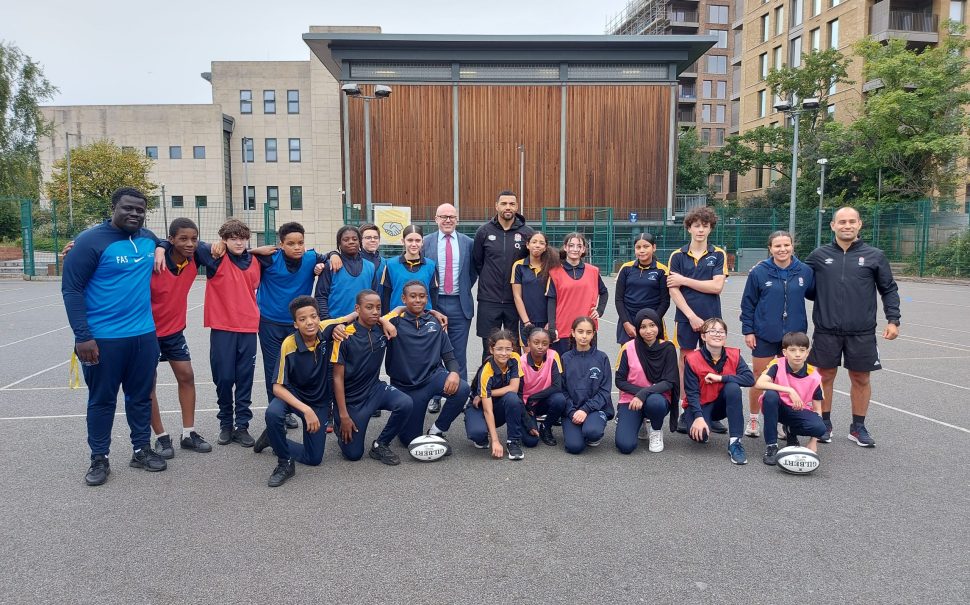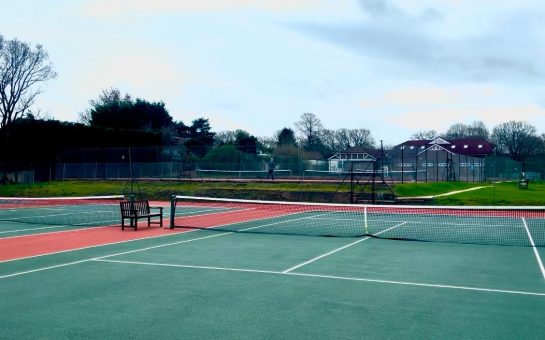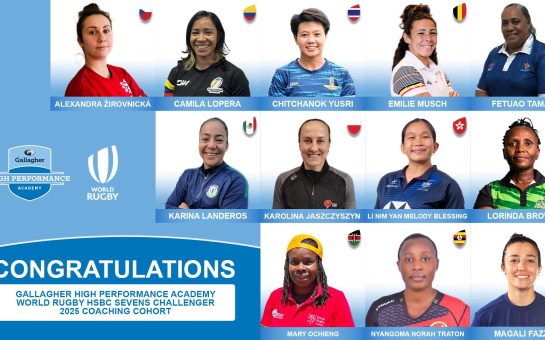The RFU is ‘rebooting and rewiring’ schools’ rugby in England to help boost participation numbers at grassroots level, following the findings of an independently chaired review.
The review, led by United Learning CEO Sir Jon Coles, found evidence of decline in a number of schools with strong rugby traditions – driven by concern about injury and a widespread view amongst schools not playing rugby that it is a difficult game to introduce.
The review also highlighted a sizable market of untapped talent in schools which do not have a tradition of playing rugby, especially amongst girls and in communities where there have historically been few opportunities to play.
Eager to diversify exposure to the sport, the RFU has begun the rollout of T1 Rugby, a new non-contact form of the game, developed by many Unions along with World Rugby, that reflects the characteristics of rugby union, and targets the introduction of T1 Rugby into 5,000 schools within the next 4 years.
“Rugby’s probably been challenged for a couple of decades now by the demise of rugby in schools, which comes from a lot of teachers who haven’t played themselves, so it’s harder and harder for them to introduce it,” the RFU’s Executive Director of Rugby Development Steve Grainger said.
“At the same time, our community clubs, which are the bedrock of rugby in the community, are reliant on the next generation of youngsters coming through.
“We need to just reboot it and rewire it right at the heart of schools, recognising that it’s not going to come through 15-a-side contact rugby but it’s going to come from getting an oval ball into more young people’s hands and getting them to learn the word rugby that they might have never heard before.
“There are a lot of kids that are still inactive, but equally, there are a lot of kids that are very active and incredibly athletic – and we want to tap into both of those.
“We want to give the inactive kids something that they can play at their pace, which makes them feel part of a team and gets the heart rate pumping a bit. But equally, there’s a genuine opportunity to develop some of the athletic ability that’s here in some of these kids.
“This is not about creating the next generation of England international players. It is about ensuring the next generation of adult players in our community clubs.”
Rugby does continue to have a healthy presence in schools – with the 664 schools taking part in the Continental Tyres Schools Cup continuing to highlight the strength of the schools’ game.
The RFU also has taken rugby to new school audiences, through tournaments such as Touch To Twickenham, which saw almost 3,000 young players from 250 schools and colleges throughout England enjoying the competition this season – 60% of whom were playing rugby for the first time and with almost half of all those competing being female players.
But through the implementation of T1 Rugby, which will see the RFU provide ‘flatpacks’ containing all the equipment needed to play, it will be easier than ever for schools to add the sport to their offer, inspiring a new generation of players from all different walks of life to take up the game.
Furthermore, the RFU is investing in a national network of 100 school rugby managers by 2027, who will work with a cluster of local schools to get rugby embedded into the physical activity offering as well as linking students to local rugby clubs.
Former England international Luther Burrell has hailed the importance of spreading the word of rugby to those with little prior exposure, having himself grown up in Huddersfield where very little attention was given to rugby union.
“We can’t beat around the bush that rugby union has been perceived as an elitist sport,” he said. “Naturally, the pathway to make it as a professional was going through that private school system.
“Now the dial is moving on that which is really great to see and what you will see now is some huge personalities coming through the system. You’ll see a huge amount of talent.
“Ultimately it’s going to make more communities come together, put more people in stadiums, more families interested in the sport and ultimately build a better, more inclusive sport, which is what everybody wants to see.
“If that doesn’t happen, there’s going to be a timeline on how long rugby has left in that elite sport. Look at cricket now, that is massively diverse and inclusive, they go into state school systems, and they’ve had to do that.
“Rugby has to do the same and if it’s going to evolve, it has to keep up with modern times. There’s no reason why it can’t because it’s changed my life, and it can change these children’s lives.”
To find out more about T1 Rugby and to access lesson plans, guides and resources for educators, visit the England Rugby Website.





Join the discussion